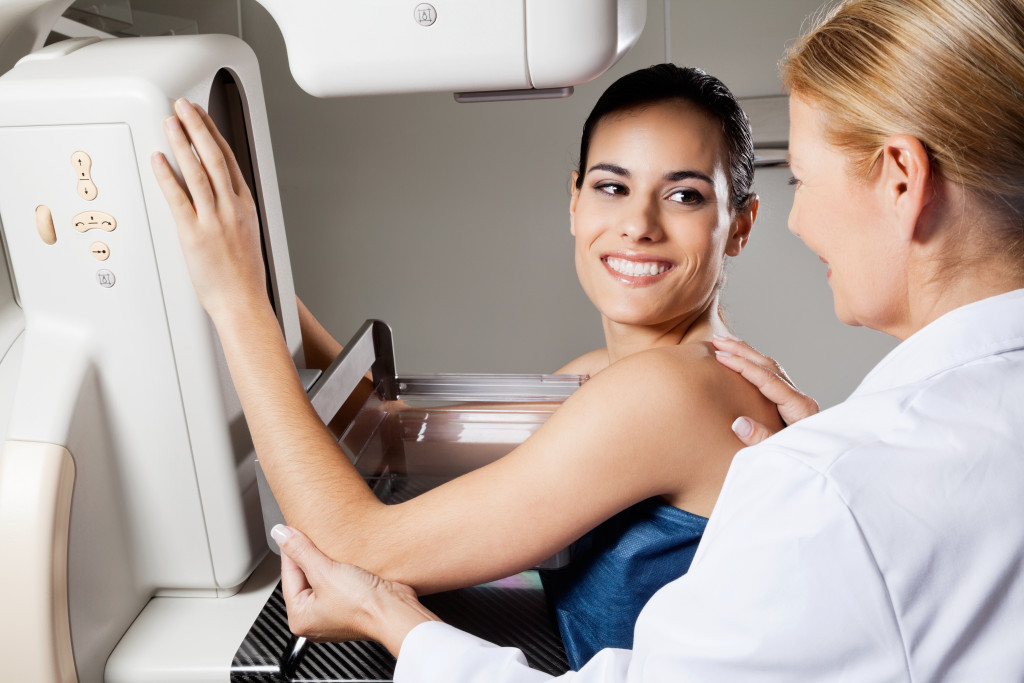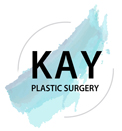Breast Cancer Awareness – Early Intervention is Essential
Much progress is being made toward breast cancer prevention, detection and cure. Our understanding of the breast cancer genetics, contributing dietary and environmental risk factors and improved screening methods should reduce both the incidence and severity of the disease. But the fundamental approach, as with any disease, is early detection and treatment. When diagnosed in the early stages, the treatment required for breast cancer is less aggressive and provides the most favorable results.
No woman wants to learn she has breast cancer. The term evokes fear of loss of health and life associated with any cancer diagnosis. It also makes creates a profound concern about loss of body image and sexuality. Perceived loss of femininity and attraction to spouse or significant other can seem devastating. Coping is not easy.
Worse, cancer fear may keep a woman from learning about risks and seeking screening in the form of mammogram or breast examination.
Myths about breast cancer may add to this denial. The most common is the belief that if breast cancer is not in the family history, a woman is not at risk. In truth, most women diagnosed with breast cancer have had no family history of the disease.
If you have breast tissue, you can be diagnosed with breast cancer. Risk factors for breast cancer include:
• Family history of breast cancer
• Genetic mutations like BRCA1 and 2, ATM, TP53 and others
• Age
• Density of breast tissue
• Non-cancerous breast disease with abnormal cells
• Medication usage including birth control pills and combined hormone treatment after menopause
• Lifestyle issues including obesity, poor diet, inadequate exercise and fitness, and alcohol consumption.
The American Cancer Society currently estimates that 1 out of 8 women in the US will develop invasive cancer during their lifetime. Their 2015 estimates are about 230,000 new invasive breast cancer cases, with potentially 40,000 deaths from the disease.
Here are the recommendations from the American Cancer Society for Breast Cancer screenings:
• Mammograms remains and important screening tool. When to begin and how often to repeat mammography depends on many factors including family history, genetic screen and examination. Every woman should discuss this issue with her doctor. There are no hard and fast rules for routine mammography, but baseline examinations and regular reevaluation are important.
• Breast self examination should be learned early and repeated regularly so changes in the breast can be discussed with the doctor. No woman has to determine the meaning of a change in her exam. Most changes are not cancer. But any persistent change should be evaluated.

Remember that breast cancer is not a single disease. Included are different types of breast tissue growths which do not all have the same symptoms. Not all breast cancer will create a breast lump. Signs may include a change in nipple appearance or a rash on the skin of the breast.
Awareness is the key to avoiding serious the potential consequences to breast disease. Early intervention through regular screening saves lives. No woman need fear facing a breast cancer diagnosis alone. Essential support can be provided by family, friends, medical professionals and experienced breast cancer survivors all of whom will serve as a patient’s advocate during the diagnostic and treatment phases of care.










